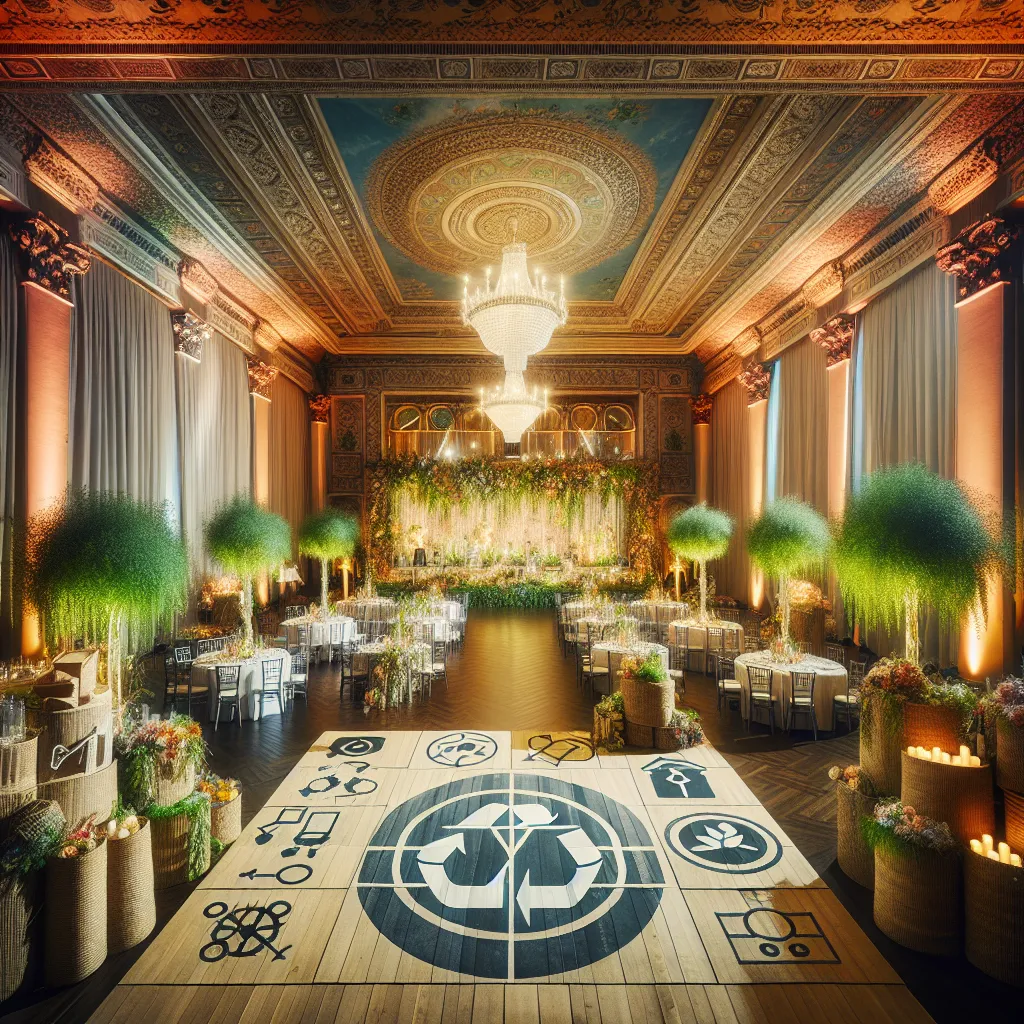The Rise of Hybrid Events: Blending Virtual and In-Person Experiences
One of the most significant trends in the event industry is the rise of hybrid events, which seamlessly blend virtual and in-person experiences to cater to diverse consumer preferences. This evolution reflects a strategic response to changing consumer behaviors and expectations, as people increasingly seek flexibility and accessibility in their event participation. Hybrid events offer a unique opportunity to engage both local and global audiences, breaking down geographical barriers and expanding the reach of events.
By integrating virtual elements into traditional in-person events, organizers can provide interactive online components such as live streaming, virtual networking opportunities, and on-demand content. This approach not only enhances the overall event experience but also allows for extended engagement before and after the event itself. Moreover, the flexibility offered by hybrid events accommodates attendees who may face travel limitations or prefer the convenience of joining remotely.
Furthermore, the data and analytics capabilities of hybrid events enable organizers to gain valuable insights into participant engagement, preferences, and behavior. This data-driven approach empowers event planners to optimize future events, personalize content, and tailor the overall experience to better meet the needs of their target audience.
In response to the shifting landscape of consumer preferences, the rise of hybrid events represents a pivotal moment in the event industry, driving innovation and redefining the possibilities for creating meaningful and impactful experiences.
Personalization in Events: Tailoring Experiences to Individual Preferences
As event trends continue to evolve, one key aspect that has emerged as a game-changer is personalization. In the current landscape of event planning, tailoring experiences to individual preferences has become instrumental in creating memorable and impactful events. With changing consumer preferences and the rise of personalized marketing, event organizers are challenged to adapt and meet the expectations of attendees who seek unique and personalized experiences.
Sustainability in Event Planning: Embracing Eco-Friendly Practices
As event trends continue to evolve, one significant aspect that has gained prominence is the focus on sustainability in event planning. Embracing eco-friendly practices has become a key consideration for event organizers as they adapt to changing consumer preferences. With increasing awareness of environmental issues, consumers are seeking events that align with their values, pushing the industry towards more sustainable practices.
Event planners are incorporating eco-friendly elements such as sustainable catering options, reduced waste strategies, and the use of biodegradable materials. The implementation of energy-efficient technologies and the reduction of water consumption are also becoming standard practices in the event planning process.
Furthermore, the emphasis on sustainable transportation options, such as providing shuttle services or promoting carpooling, has contributed to minimizing the carbon footprint of events. Additionally, venues with green certifications and sustainable practices are becoming sought after, reflecting the growing demand for environmentally responsible event spaces.
It is evident that the shift towards eco-friendly event planning is not merely a trend, but a fundamental change in the industry. Embracing sustainability in event planning not only aligns with changing consumer preferences but also contributes to the global effort to reduce environmental impact, making it a crucial aspect of modern event management.
Tech Innovations Shaping the Future of Events: From AR to VR Experiences
As event trends continue to evolve, one of the most notable developments is the integration of tech innovations that are shaping the future of events. From the rising popularity of augmented reality (AR) experiences to the immersive potential of virtual reality (VR), technological advancements are redefining how events are experienced and consumed. Companies and event organizers are increasingly embracing these tech innovations to create interactive and engaging experiences for attendees, catering to changing consumer preferences and expectations.





